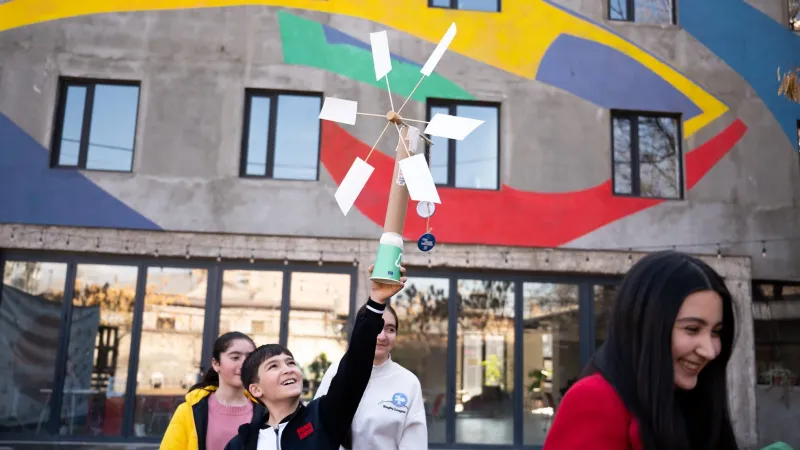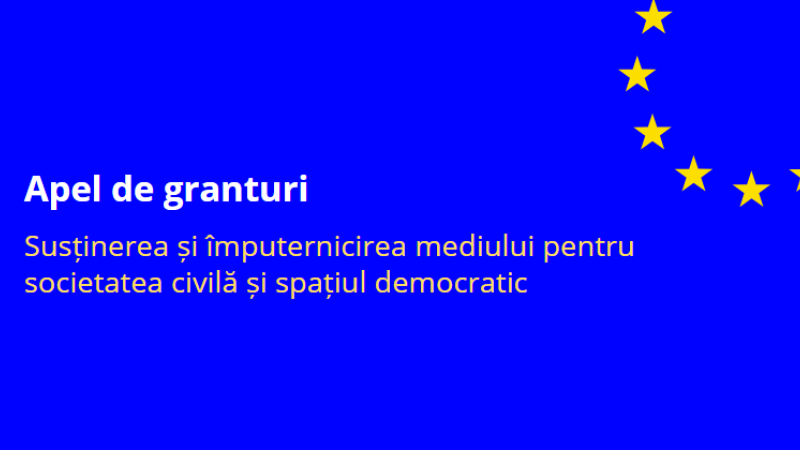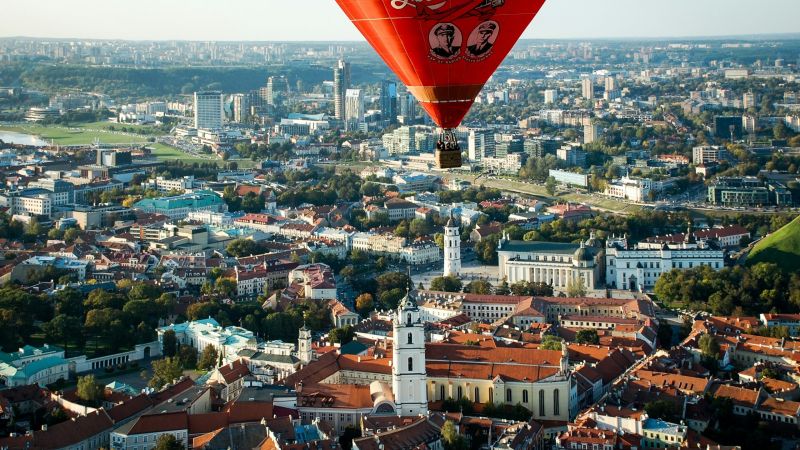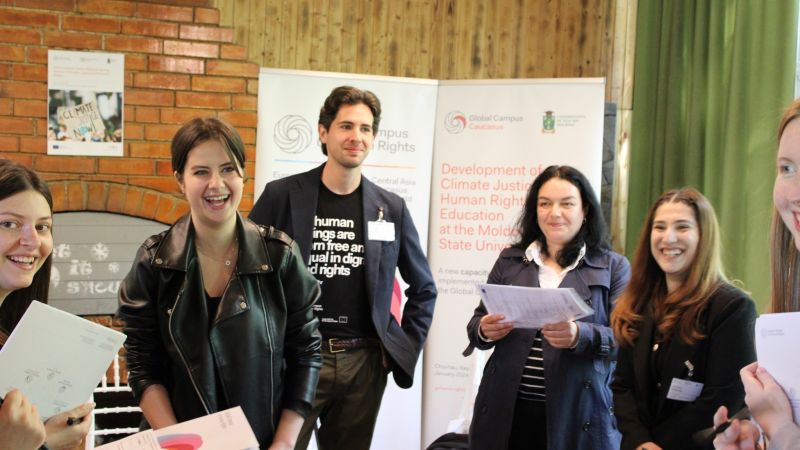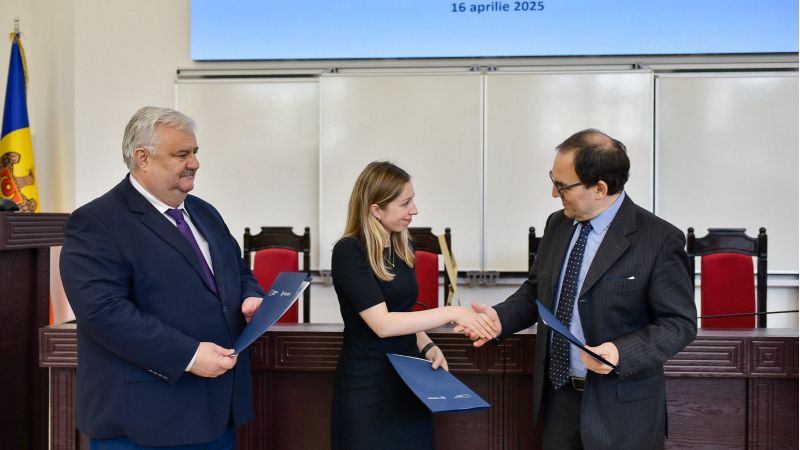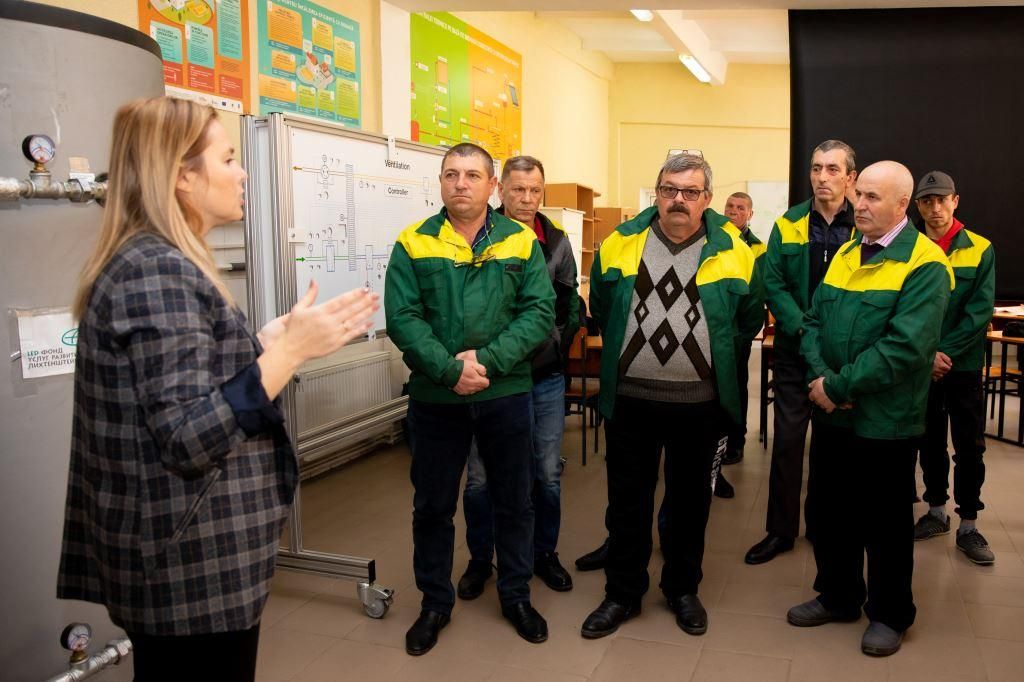
Utilizarea centralelor termice pe biomasă din instituțiile publice ar reduce anual consumul de gaze cu 20 de milioane m3
Centralele termice pe biomasă din peste 100 de instituții publice sunt testate și pregătite de sezonul rece, iar operatorii de centrale termice instruiți de o echipă de experți contractați de programul „Abordarea impactului crizei energetice în Republica Moldova” finanțat de Uniunea Europeană și implementat de PNUD Moldova, în parteneriat cu Ministerul Infrastructurii și Dezvoltării Regionale.
Până la sfârșitul anului urmează să fie supuse procedurilor de verificare 100 de centrale termice. În acest sens au fost identificate 69 de centrale termice nefuncționale sau care aveau diferite deranjamente tehnice. Dintre acestea, 51 deja au fost inspectate și verificate. Experții programului au constatat că pe lângă întreținere și exploatare, principalele probleme țin de lipsa unui contract de deservire cu o firmă autorizată care să efectueze mentenanța înaintea sezonului de încălzire și lipsa cantității necesare de biocombustibili solizi contractați de autoritatea în gestiunea căreia se află centrala. În același timp, există instituții publice care au alocat buget pentru resurse energetice, dar acestea sunt direcționate spre procurarea cantităților de gaze naturale pentru încălzire și nu pentru biomasă.
„Toată infrastructura sectorului de biocombustibil solid în Republica Moldova a fost creată cu sprijinul Uniunii Europene și al Guvernului Japoniei. În prezent, centralele termice pe biomasă din instituțiile publice au o capacitate instalată de 70 MW și pot înlocui consumul a până la 20 milioane m3 de gaze naturale. Astfel, costuri cu gazele naturale de cca 20 de milioane de dolari pot fi evitate, acești bani rămânând în țară, la producătorii locali de biocombustibili”, a declarat Constantin Borosan, Secretar de Stat pentru Energie în cadrul Ministerului Infrastructurii și Dezvoltării Regionale.
Totodată, din luna octombrie a demarat o serie de instruiri pentru operatorii centralelor pe biomasă din instituțiile publice, în cadrul Centrului de Excelență în Construcție. Primul grup, de 20 de persoane, a absolvit cursurile la 30 octombrie. Până la finele anului, 100 de operatori urmează să fie instruiți prin intermediul acestui Centru. Alte 100 de persoane, care au calificări și instruiri anterioare, vor fi instruite în regiunile țării.
Pentru a proteja biodiversitatea de biomasă forestieră de utilizarea pentru energie ilegală și abuzivă și pentru a asigura calitatea biocombustibililor solizi introduși pe piață, programul va sprijini reacreditarea Laboratorului de testare a calității biocombustibililor, reglementarea modalităților de plasare pe piață și de verificare a calității. Sunt prevăzute investiții în centre de instruire a operatorilor, inclusiv a celor de centrale termice pe biomasă. Pentru Uniunea Europeană, accelerarea adoptării surselor regenerabile și eficiența energetică rămân a fi cea mai bună soluție pentru securitatea energetică și realizarea obiectivelor climatice.
„Circa 75 de producători de biocombustibili solizi sunt înregistrați în Republica Moldova, cu o capacitate de producție anuală de cca 30 de mii de tone. În contextul energetic actual, este și mai important să fie asigurată disponibilitatea și calitatea biocombustibililor solizi pentru consumatori”, a conchis Mihail Lupu, manager de componentă, PNUD Moldova.
Cu un buget de 10 milioane de euro, programul „Abordarea impactului crizei energetice în Republica Moldova” contribuie la lupta împotriva schimbărilor climatice prin reducerea impactului crizei energetice și la atenuarea poverii sărăciei energetice.
Pentru mai multe informații, contactați pe Mihail Lupu, manager de componentă Programul „Abordarea impactului crizei energetice în Republica Moldova” la mihail.lupu@undp.org
Acest material a fost produs cu suportul financiar al Uniunii Europene. Conținutul acestuia reprezintă responsabilitatea exclusivă a programului „Abordarea impactului crizei energetice în Republica Moldova”, finanțat de Uniunea Europeană și implementat de PNUD Moldova. Conținutul materialului aparține autorilor și nu reflectă în mod neapărat viziunea Uniunii Europene.
